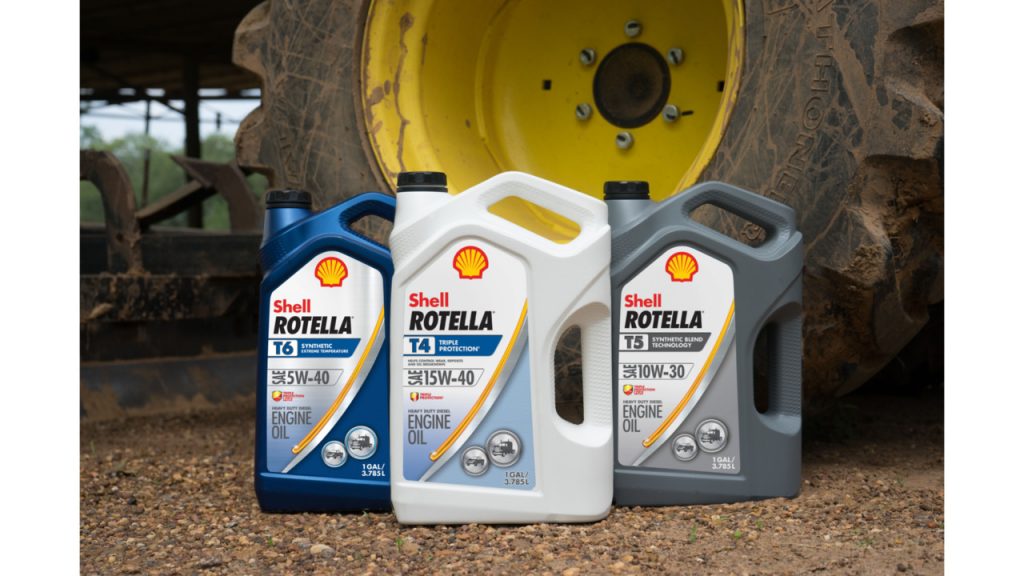The American Petroleum Institute (API), working with engine manufacturers and oil makers, has completed redesigning two new heavy-duty engine oil specifications. Nearly a decade has passed since the last diesel engine oil category, API CJ-4, was developed and major changes are required.
The current CJ-4 standard has lasted well beyond the life of the typical engine category. Some of the engine tests required to qualify an oil are no longer available or no longer relevant to next-generation engines.
Oil technology and engine technology go hand in hand. Changing regulatory limits challenge engine manufacturers to reduce emissions. As engine manufacturers begin to create a new generation of lower CO2, more fuel-efficient diesel engines, they need a new generation of higher-performing diesel engine oils to protect them.
Shell Lubricants is playing a leading role in the development and testing of the next generation of low-viscosity oils through more than 40 million miles of real-world testing and has demonstrated the performance of its next-generation, low‑viscosity oil formulation technology.
New Shell Rotella T4 15W-40 Triple Protection and Shell Rotella T5 10W-30 Synthetic Blend have been developed to meet the new API CK-4 service category for diesel engine oil and are available now. The oils meet numerous specifications and with approvals from many of the world’s leading engine makers, both are an excellent choice for on-highway fleets, general haul, construction, agriculture, public-transport operators, diesel pickup trucks, including high-power vehicles where resistance to increased heat and stress is required.
Engines have changed considerably since CJ-4 was introduced. They have improved fuel consumption and increased power outputs. New EPA emission and NHTSA legislation scheduled for diesel-powered commercial transport vehicles in 2017 requires significant improvements in fuel consumption that will help to reduce carbon dioxide emissions.
A major part of designing an oil specification is defining a set of rigorous tests that each oil formulation must pass before it goes on sale. CK-4 and FA-4 specifications will continue to use many of the current tests, but some of these tests will have more stringent limits. Two new tests have been introduced to ensure that next-generation oils can cope with the oxidation stability and aeration control needs of modern technology. Both tests are designed to ensure that the new oils will be able to protect new and older engines operating under more severe conditions.



